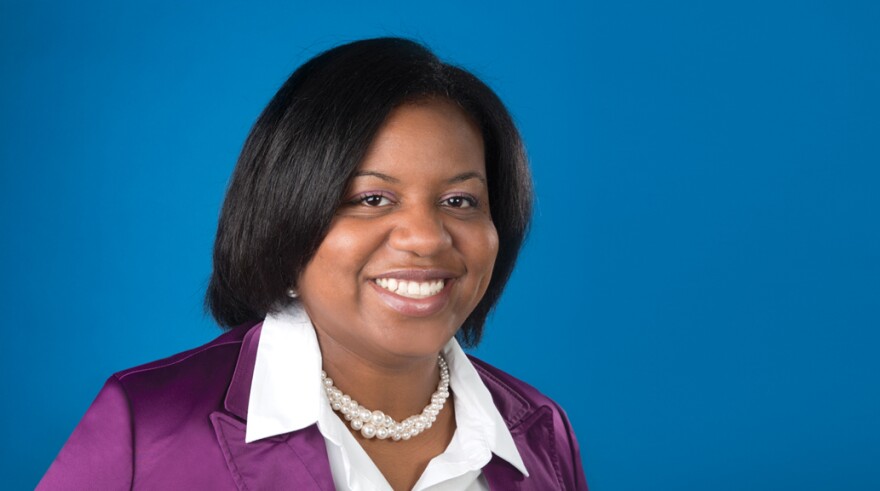Although some disparities have been shrinking in recent years, African-Americans’ experience with health and healthcare still varies dramatically from much of the rest of the population.
According to the Centers for Disease Control and Prevention, African-Americans have some of the highest rates of diabetes, infant mortality and hypertension, among other health markers.
For the past 25 years, Kansas City’s Black Healthcare Coalition has been working to improve health in the African-American community.
Coalition president Melissa Robinson answered five questions as part of our monthly series, KC Checkup.
When the final health exchange numbers came out, I did hear some disappointment over the numbers of African-Americans and Latinos who had enrolled. What kind of an effect do you think that the health exchanges had among African Americans in Kansas City?
When we look at the data around — are they paying their monthly premiums and things of that nature — we’re seeing that folks have enrolled, and they’re participating. It’s just the access point is still huge because they’re not prepared to pay some of those larger deductibles after they receive those preventive screenings. So you see a lot of our clients are still utilizing the emergency room as their primary care, because they go into the doctor, and then they receive this bill afterwards. And that is scary for a lot of people.
Kansas City and Hickman Mills school districts just announced that they would offer free breakfast and lunch to their students. What effect do you think that will have?
I think that that’s a great thing because it is so very important that all of our children have access to healthy meals where they don’t have to worry about coming out of pocket to be able to have access to that. And then the point of just being able to have higher access to healthier options because following the USDA guidelines now in schools, kids are able to change their palette a lot in terms of what’s healthier options and what’s not so healthy. So, just, of course, addressing hunger and making sure all kids have the same access is huge for our families.
You hear a lot of discussion in the media about people upset about some of the changing rules for school lunches. I’m wondering if you hear a lot of people upset, angry about that?
Yeah, we do. We hear that it is very difficult to follow some of those formulas and then have edible product at the end! And so, it does take a lot of extra effort in trying to make sure that it’s something enjoyable that the children will want to consume.
You do hear a lot of, also, talk about food deserts in areas of Kansas City that have large African-American populations. What do you think are the keys to overcoming the problem of food deserts?

We have to really channel our buying power. One of the reasons why some of the bigger grocery chains and stores don’t come into the area is because of the rooftops. So we have to really think creatively about how we spend our money in the African-American community so that we entice other businesses to come and locate. Because if you spend your money in the suburbs, there’s nothing that’s going to entice me to step up and shop in your neighborhood, because I can still depend on your rooftop to help fund my store. So we have to think more creatively about how we do that and how we take a stand and make a message with our buying power.
Are there health issues in the African-American communities that are still not on the radar of the bigger health community in Kansas City?
Yes, I think the huge piece of it – that oftentimes we can’t control and is very difficult to impact — and that is patient adherence. So, how do we empower patients and clients to become more proactive with their health, to become more inquisitive, to make sure that the treatments and the education that they are receiving – that they are actually able to apply those things in their everyday life. And so, I would think that there needs to be a great deal of conversation and a great focus on patient adherence and how do, when you go and see your physician, and they say, ‘Ok, you need to do X,Y and Z,’ how are we empowering those to quit smoking, for example. What does that look like in the everyday lives of a client to where they’re able to reach that health goal that their provider is asking them to meet.






